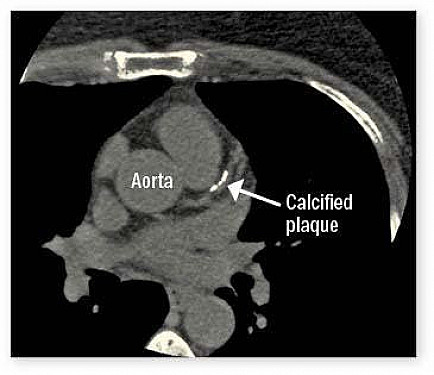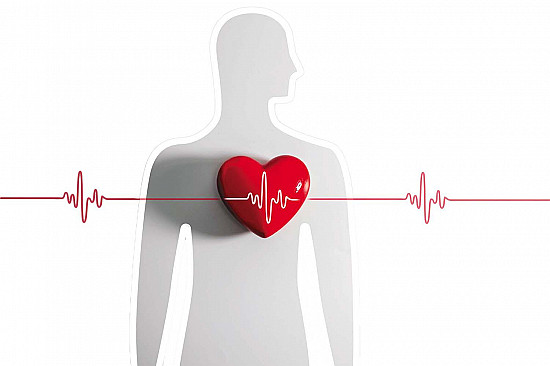The crucial, controversial carotid artery Part I: The artery in health and disease
You don't have to be a brain surgeon to know it is vitally important for your brain to receive an uninterrupted supply of blood. That's because nerve cells require a constant supply of oxygen. Even a brief disruption stuns nerve cells, impairing their function, while more prolonged oxygen deprivation kills the cells. If only a small, noncritical area of your brain is affected, you may not notice the damage. Unfortunately, however, the damage is often very noticeable indeed. Brief or partial interruptions of blood flow cause transient ischemic attacks (TIAs), while prolonged or complete blockages are the major cause of cerebrovascular accidents — strokes.
Shocking statistics
Stroke is the fourth leading cause of death in the United States, taking about 136,000 lives annually. Another 660,000 Americans survive strokes each year, but many are so disabled that they cannot return to work. In human terms, it's an enormous burden of suffering; in dollar terms, it costs $74 billion a year to care for stroke victims and make up for their lost productivity.
To continue reading this article, you must log in.
Subscribe to Harvard Health Online Plus (HHO+) to unlock expert-backed health insights, personalized tools, and exclusive resources to feel your best every day.
Here’s what you get with your HHO+ membership:
- Unlimited access to all Harvard Health Online content
- 4 expertly curated newsletters delivered monthly
- Customized website experience aligned to your health goals
- In-depth health guides on topics like sleep, exercise, and more
- Interactive features like videos and quizzes
- Members-only access to exclusive articles and resources
I’d like to subscribe to HHO+ for $4.99/month to access expert-backed content to help make smart, informed decisions about my well-being.
Sign Me UpAlready a member? Login ».
Disclaimer:
As a service to our readers, Harvard Health Publishing provides access to our library of archived content. Please note the date of last review or update on all articles.
No content on this site, regardless of date, should ever be used as a substitute for direct medical advice from your doctor or other qualified clinician.















